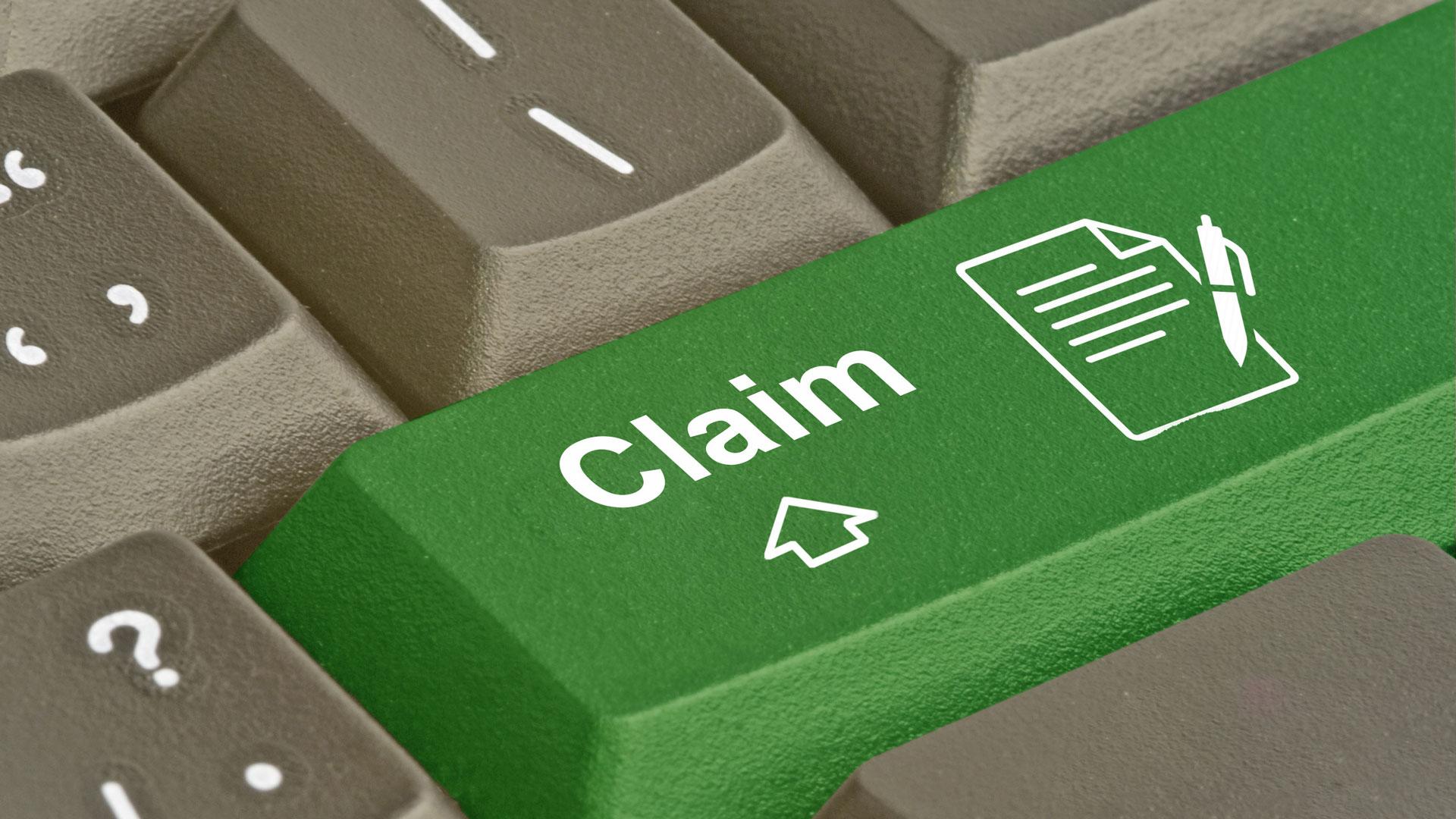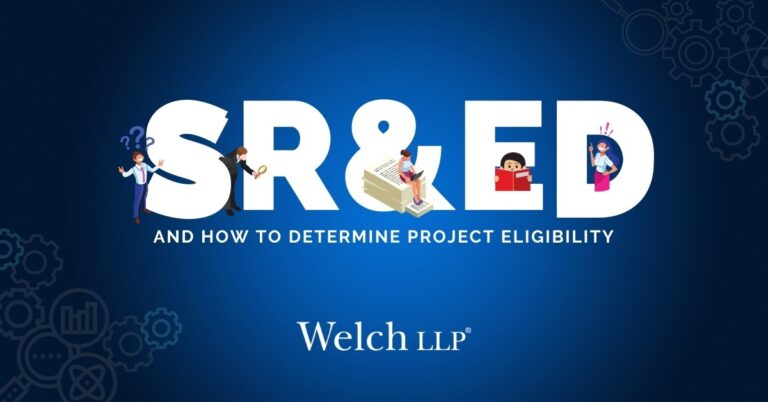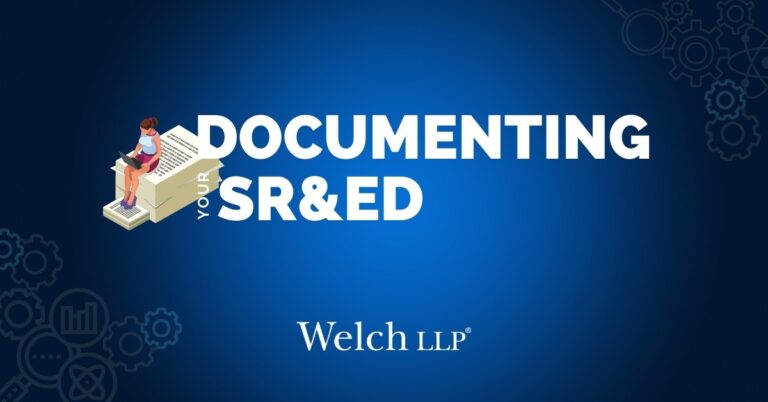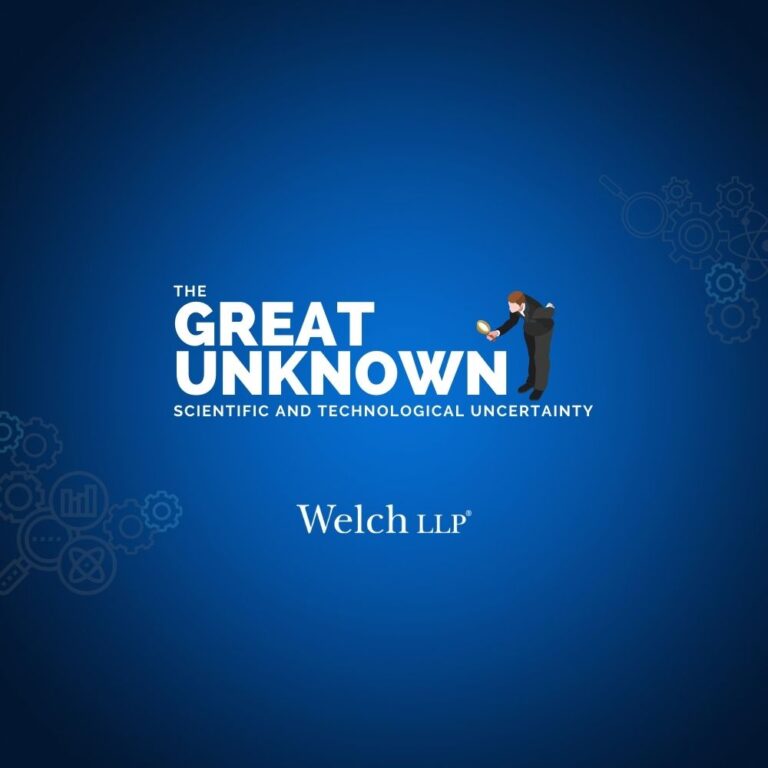A Case Study on Solar-Powered Shingles
Scientific Research & Experimental Development (SR&ED) claims are a vital aspect of Canada’s tax incentive program aimed at fostering innovation. These claims provide financial support to Canadian businesses conducting research and development activities. These claims aim to stimulate technological advancements across various industries by providing tax credits to eligible companies. However, navigating the complexities of SR&ED claims can be challenging, as highlighted in the case of Logix Data Products Inc. v. The Queen (2021 TCC 36). This landmark tax court case sheds light on the intricate process of determining whether expenditures qualify as SR&ED under the Income Tax Act (ITA), showcasing the importance of rigorous documentation and adherence to regulatory standards.
Overview of the case:
In Logix Data Products Inc. v. The Queen, the central dispute revolved around the eligibility of expenditure incurred by Logix Data Products Inc. during its taxation year ending June 30, 2013 for SR&ED tax credits. The taxpayer, an information technology services company, claimed that its investment in developing a dual-purpose solar shingle constituted scientific research and experimental development. Conversely, the Minister contended that the activities did not meet the criteria for SR&ED, citing lack of technological uncertainty, systematic investigation, experimentation for technological advancement, and inadequate record-keeping by the taxpayer.
Analysis of the case:
Despite Logix Data Products Inc’s assertions, the Tax Court of Canada (TCC) dismissed the appeal, emphasizing several key points:
- Lack of Technological Uncertainty: The court case found that the taxpayer failed to demonstrate the presence of technological uncertainty in the solar shingle project. The activities undertaken did not address novel problems or require knowledge beyond established engineering principles.
- Inadequate Documentation and Evidence: Logix Data Products Inc. failed to maintain sufficient records and provide reliable, contemporaneous evidence to support its SR&ED claim. The expert records submitted by the taxpayer did not meet the standards outlined in the TCC Rules, lacking proper explanation, context and support for the opinions expressed.
- Failure to Meet SR&ED Criteria: Ultimately, the court ruled that the solar shingle project did not qualify as scientific research and experimental development under the ITA. Logix Data Products Inc.’s claim for the investment tax credits was denied due to lack of evidence demonstrating adherence to SR&ED criteria.
Takeaways:
The case of Logix Data Products Inc. v. The Queen underscores several critical takeaways for businesses navigating SR&ED claims:
- Thorough Documentation: Proper documentation of R&D activities, including clear records of technological uncertainties, experimental methodologies, and results, is essential to substantiate SR&ED claims.
- Expert Report Compliance: Expert reports submitted in support of SR&ED claims must adhere to regulatory standards, providing detailed explanations, factual support, and independent analysis to bolster the credibility of the claim.
- Adherence to SR&ED Criteria: Businesses must ensure that their activities meet the strict criteria outlined in the Income Tax Act for qualifying as scientific research and experimental development. Failure to meet these criteria can result in denial of tax credits and legal challenges.
The Minister assessed that the taxpayer’s claim did not qualify as SR&ED:
- there was no technological uncertainty in the solar shingle project;
- the taxpayer did not engage in a systematic investigation to overcome technological uncertainties in the project;
- no experimentation was performed in the project to achieve a technological advancement;
- the activities were ones for which the required knowledge was in the public domain; and
- the taxpayer did not keep sufficient records and documents in respect of the work performed.
Logix Data Products Inc. v. The Queen serves as a cautionary tale for companies seeking SR&ED tax credits, highlighting the importance of meticulous documentation, compliance with regulatory standards, and adherence to SR&ED criteria. By understanding the intricacies of SR&ED claims and learning from the outcomes of landmark cases, businesses can navigate the complexities of Canada’s tax incentive program while driving innovation and technological advancement. Welch LLP can help guide you through the SR&ED process and ensure that your claim is eligible and supportable.
ESTIMATE YOUR TAX CREDITS & REFUND
Scientific Research and Experimental Development (SR&ED)
Use Welch LLP’s SR&ED calculator to determine your potential SR&ED tax credit. Your business and bottom line will thank you.













